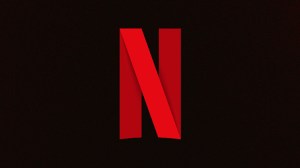One of the biggest TV surprises of this year might be Bodies, which quickly topped the Netflix charts and prompted a lot of conversation when it debuted earlier this year. For some fans, this surprise was further confounded when they realized Bodies‘ source material — a short-lived comic miniseries published under DC’s Vertigo imprint.
Videos by ComicBook.com
While a sophomore season of Bodies does not appear to be in the cards, the series’ runaway success is proof (alongside fellow Netflix series’ The Sandman and Dead Boy Detectives) that DC has a number of titles that can translate into standalone television. These projects might not connect to James Gunn and Peter Safran’s forthcoming DC Universe, but they have potential as Elseworlds series — and here are ten more that we’d like to see realized.
American Vampire

As a franchise published off-and-on since 2010, American Vampire quickly established itself as something distinct. The sprawling series chronicles the evolution of vampires across history, from the Old West to the silent film era and beyond.
Written by Scott Snyder (and very briefly, by Stephen King) with art by Rafael Albuquerque and Mateus Santolouco, the concept and context of American Vampire could easily thrive as a multi-season television series. And honestly, having the connection to King, whose work is continuing to be adapted on movies and television, probably wouldn’t hurt, either.
Books of Magic
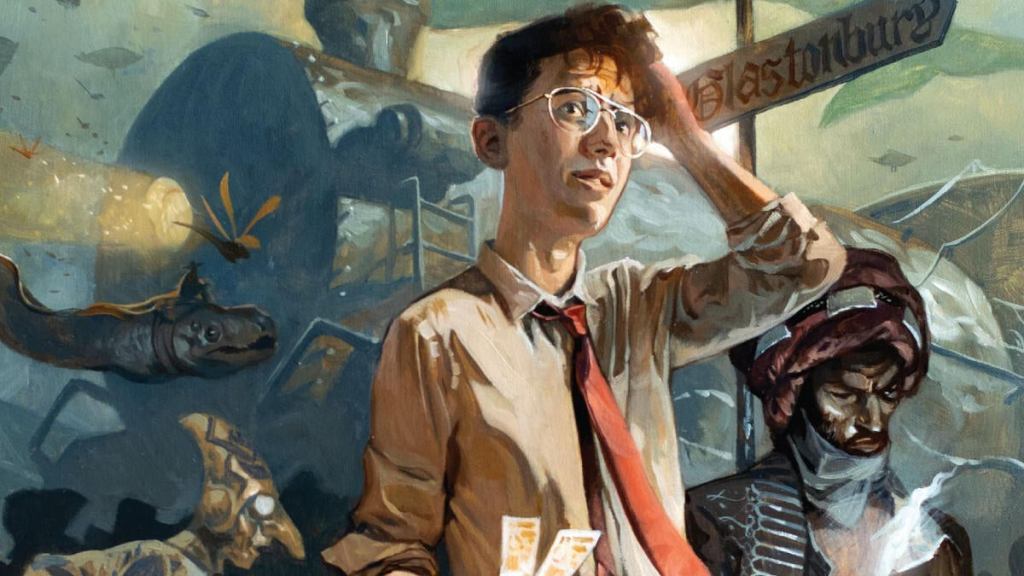
Part fantasy epic, part coming-of-age tale, Books of Magic chronicles the adventures of Timothy Hunter, a young boy destined to become the DC Universe’s biggest magician. Written by Neil Gaiman with an array of artists, Books of Magic traverses the DC Universe, as well as tenets of historical myth, with cameos from characters like John Constantine and Phantom Stranger.
Maybe Books of Magic could be a less-prickly bit of counterprogramming to Warner Bros.’ planned Harry Potter television reboot. At very least, it could be another fascinating fantasy series — and it could possibly handle its DC connections in a nebulous manner, like how The Sandman tackled Joanna Constantine and Lyta and Hector Hall.
Clean Room
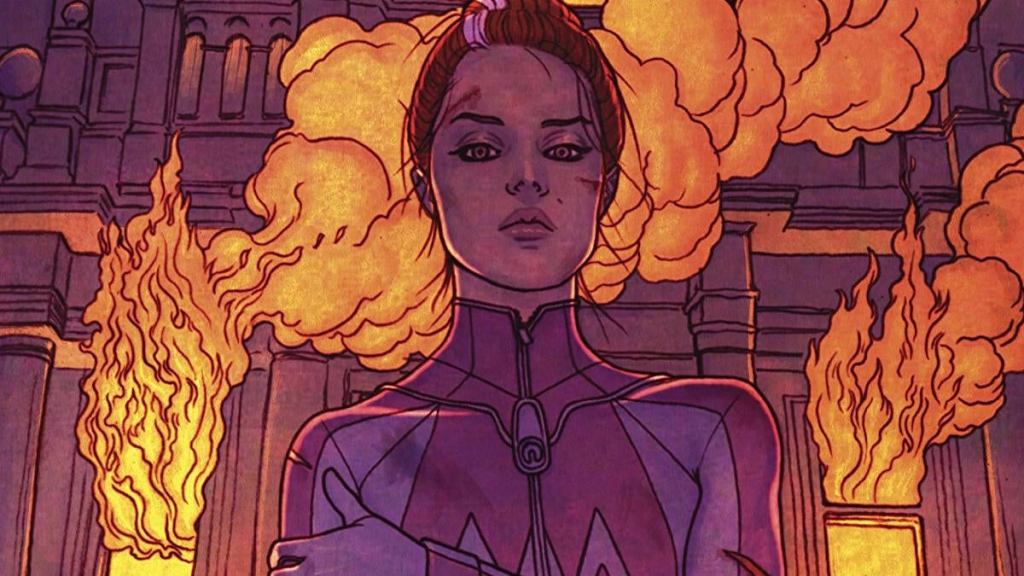
Clean Room, which Vertigo published from 2015 through 2017, feels tailor-made for a weird and gruesome television adaptation. The series, from Gail Simone and Jon Davis-Hunt, follows the cult surrounding self-help guru Astrid Mueller, and the deadly consequences that might be hidden within her work.
Between the recent influx of cult-related documentaries, and gnarly mysteries like Bodies and Netflix’s The Fall of the House of Usher, it’s easy to imagine Clean Room thriving on television.
Collapser
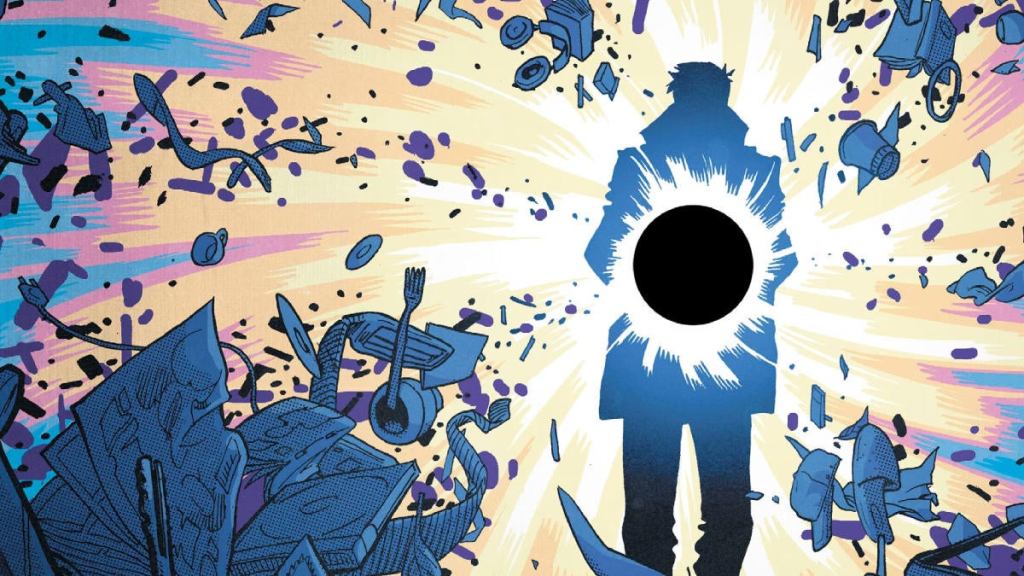
Let’s be honest — the fact that My Chemical Romance bassist Mikey Way co-created Collapser is enough of an indication that it could find a television audience. The series, which was published by DC’s Young Animal imprint beginning in 2019, follows Liam James, a DJ whose personal anxiety grows much more cosmic when a literal black hole burrows into his chest.
As Liam gains superpowers — and overnight fame — from the ordeal, readers are taken on a wild ride. That ride could easily translate into a miniseries or long-form story, as it’s a superhero tale with essentially no key connections to the main DC Universe, and a definite sense of style.
Effigy
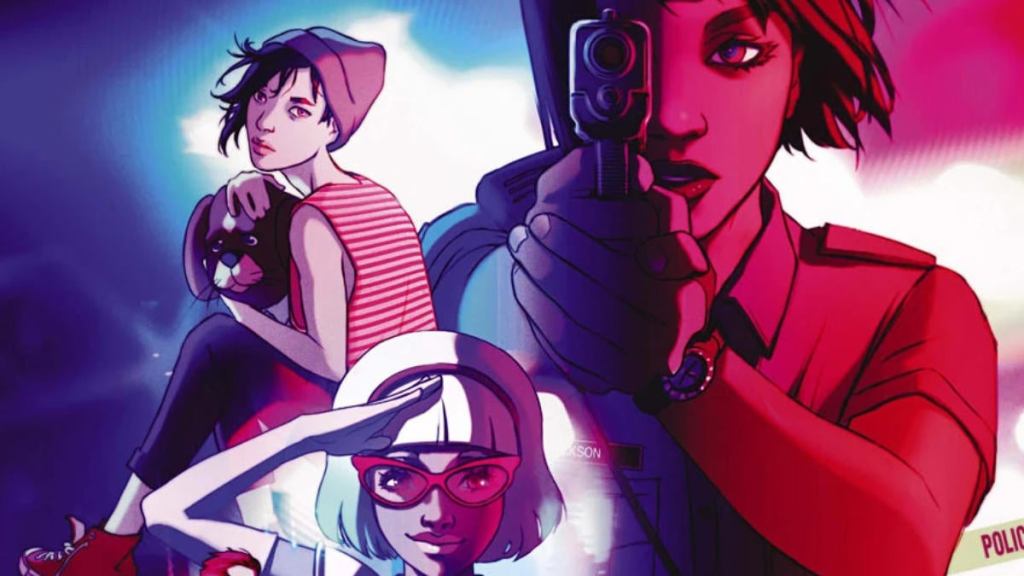
Effigy, which was published by Vertigo beginning in 2015, is a lot of things. The series, from Tim Seeley and Marley Zarcone, sees washed-up actress Chondra Jackson returning to her Midwestern hometown to investigate a crime, which ends up having ties to a deadly cult surrounding the cheesy children’s show she once starred in.
If that sounds high-concept, you’re not wrong — but Effigy understands and balances its many hats in a thrilling manner. Translating the story to television could be just as (if not more) twisty as Bodies.
FBP
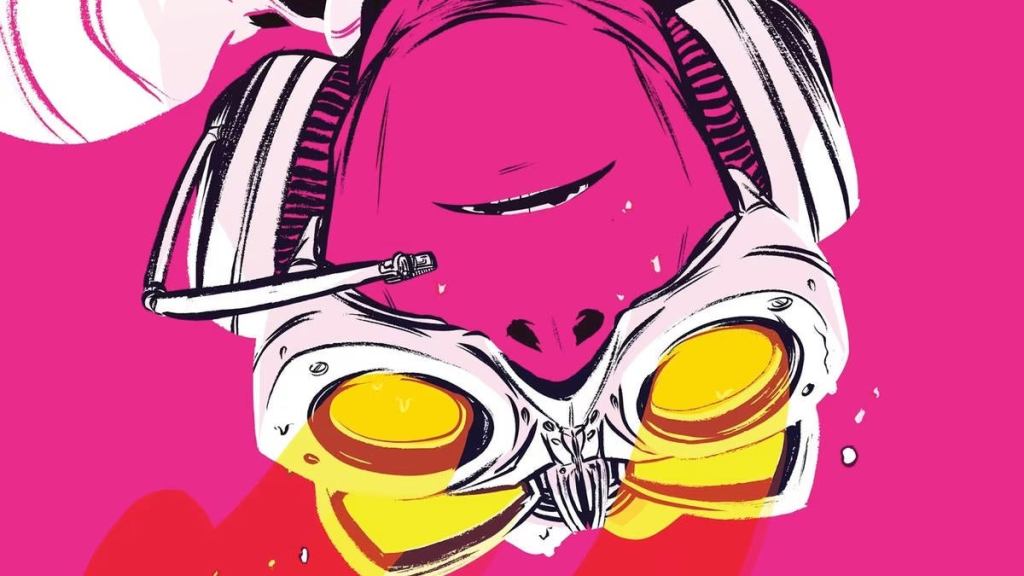
Another Vertigo title with Bodies-like procedural potential might be FBP: Federal Bureau of Physics. The series, which began in 2013 from Simon Oliver and Robbi Rodriguez, follows a government agency tasked with exploring various bizarre anomalies in a quantum-based world.
An FBP adaptation was put into development as a film in 2014, that did not come to fruition — leaving room for the concept to potentially thrive on the small screen.
Goddess Mode

Zoe Quinn and Robbi Rodriguez’s Goddess Mode is a rather recent entry on this list, being published by DC beginning in 2018. The cyberpunk-fueled story follows Cassandra Price, a woman who discovers her role in a hidden digital realm.
Cyberpunk-meets-magical-girl is more than enough of a concept to intrigue general audiences, and when you couple in the potential for an outrageous aesthetic and some distinct characters, there’s even more potential with Goddess Mode.
Hex Wives
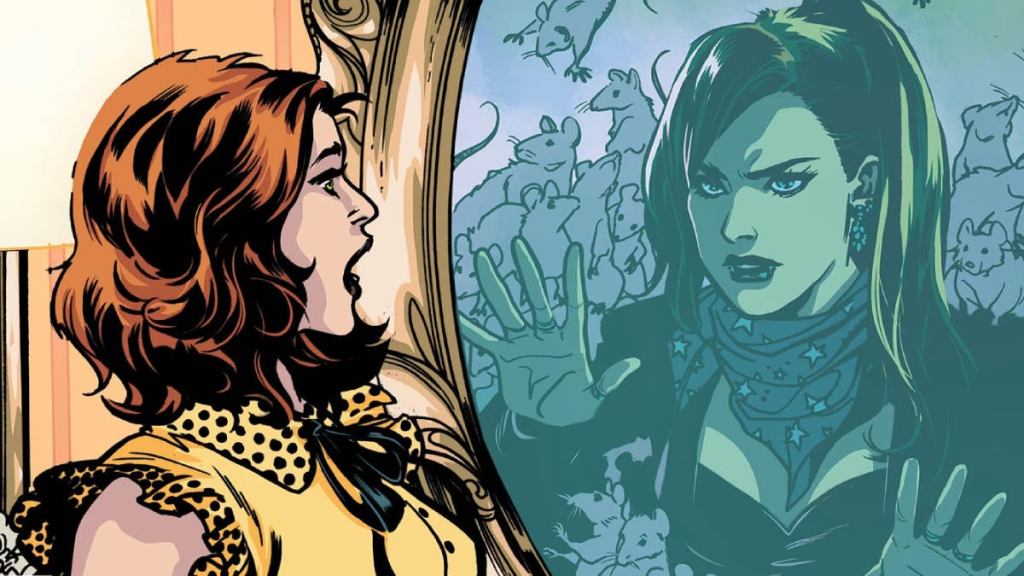
Another of Vertigo’s more recent titles, Hex Wives ran at the publisher from 2018 through 2019. The series, from Ben Blacker and Mirka Andolfo, follows a coven of witches trapped in a Stepford Wives-esque vision of 1950s suburbia.
Look no further than Marvel Studios’ WandaVision for proof that Hex Wives could work on television — it could be genre-bending, feminist, and weird in all the right ways.
The Invisibles

It’s no secret that Grant Morrison’s work is serving as an inspiration for Gunn and Safran’s new DC Universe — but there’s no reason why they couldn’t also have an impact in the Elseworlds space. Brought to life by Morrison and a slew of artists, The Invisibles ran from 1994 to 2000, and provided a very off-kilter new team. The series follows characters within The Invisible College, a secret group using psychodelic means — and sometimes, just violence — to fight oppression.
While The Invisibles is undeniably a time capsule of when it was created, its diverse cast and wild concept could easily translate to television — so much so that there have been multiple unsuccessful attempts to do so.
The Losers
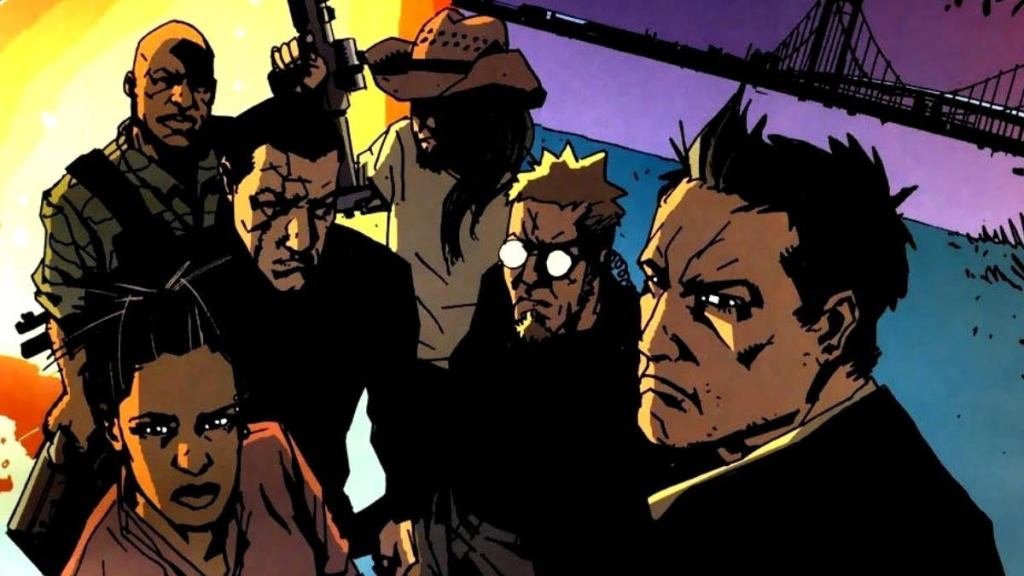
Yes, The Losers is the only title on this list that has already spawned a live-action adaptation, in the form of a 2010 live-action movie led by the likes of Idris Elba, Chris Evans, Zoe Saldana, and Jeffrey Dean Morgan. But there’s definitely a way to adapt the core concept — either Robert Kanigher’s 1960s war book, or Andy Diggle and Jock’s 2003 relaunch — in a modern context.
The Losers follows a black-ops team with very little connection to the larger DCU, which could naturally lend itself to a standalone, longer-form adaptation — and one hell of an ensemble piece.
***
Which DC series would you like to see adapted to television? Share your thoughts with us in the comments below!





